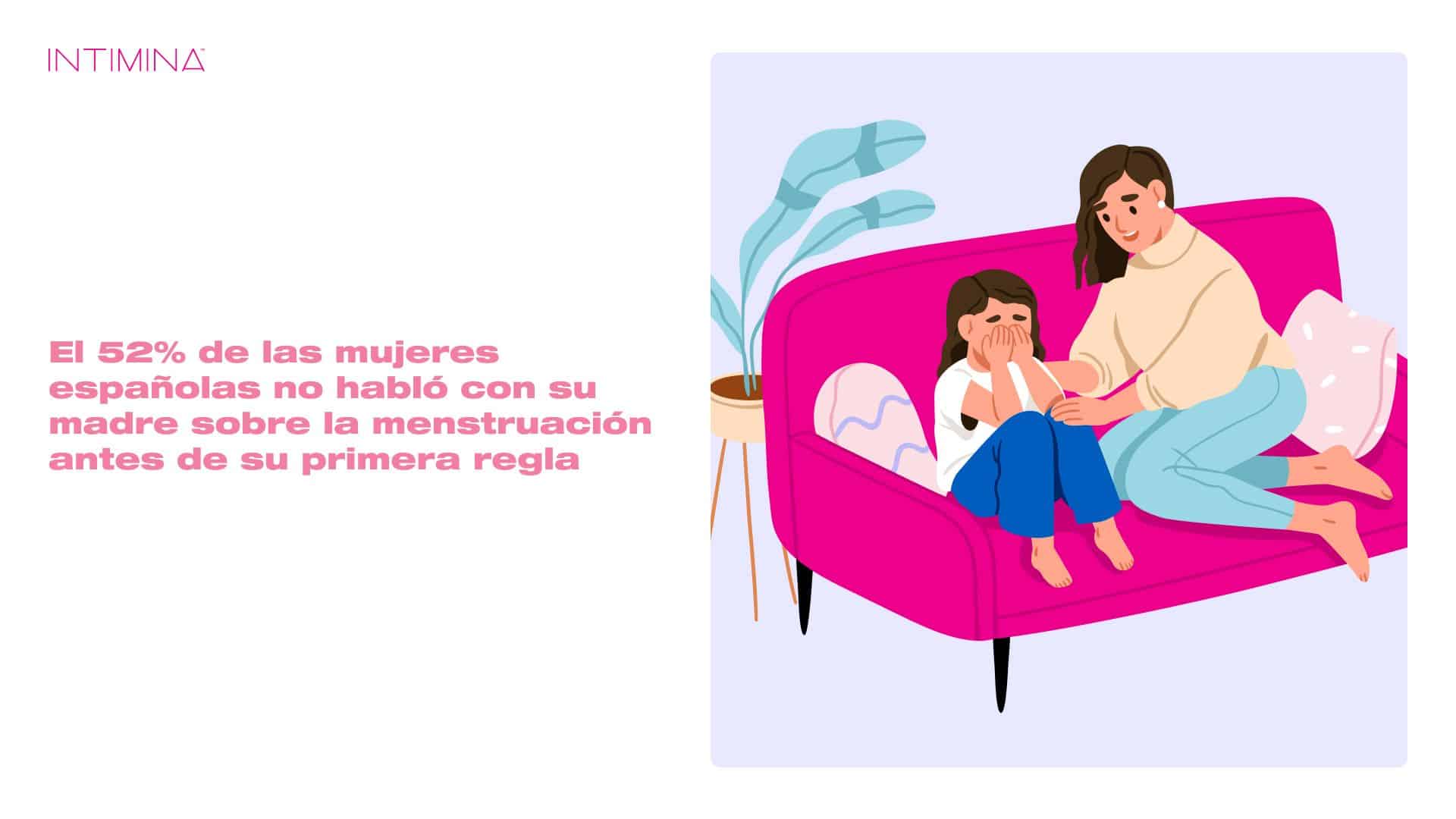Sure! Here’s the translation to American English:
—
A recent study by INTIMINA has highlighted the complex relationship between mothers and daughters regarding menstruation, coinciding with the celebration of World Menstrual Hygiene Day. The research shows that, although there have been advances in communication on this topic, a significant family taboo persists.
The data reveals that more than 50% of the surveyed women did not discuss menstruation with their mothers before their first period, and an astonishing 85% admit to having had only sporadic exchanges on the subject. This family silence underscores the difficulty of addressing an essential aspect of women’s health.
In addition to the lack of dialogue around menstruation, the study highlights a deficit in gynecological care. Fifty-two percent of the respondents mentioned that their mothers never took them to consult a specialist during their teenage years, while 29% did so only in emergency situations. This pattern is more pronounced among women over 45, where nearly 60% did not receive specialized sexual health care during their youth.
Despite this legacy, younger generations appear to be changing the narrative. Sixty percent of current mothers say they would take their daughters to the gynecologist at an early age, and 71% believe it’s crucial to talk about menstruation before the age of 11. Furthermore, 97% of mothers indicate that they would provide support to their daughters during their first menstrual experience, including information about intimate hygiene products.
More than 85% of mothers wish to approach their daughters’ intimate health differently than their own mothers did. Dr. Mercedes Herrero, an expert gynecologist, emphasizes the importance of young girls becoming familiar with their bodies and learning to care for them early on.
In response to this shift in communication and care, INTIMINA has launched products such as the Lily Cup One menstrual cup, designed for teenagers, and Bloom period underwear, which provide a comfortable and eco-friendly solution during the first menstruations. These initiatives aim to empower teenagers at a crucial moment in their personal development and health.
—
Let me know if you need anything else!
via: MiMub in Spanish










